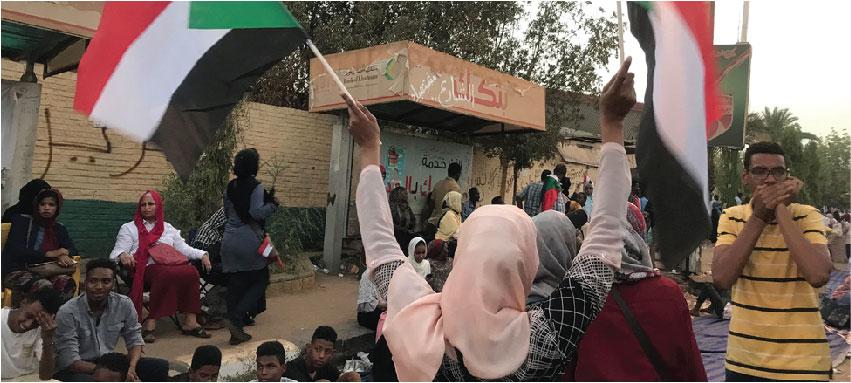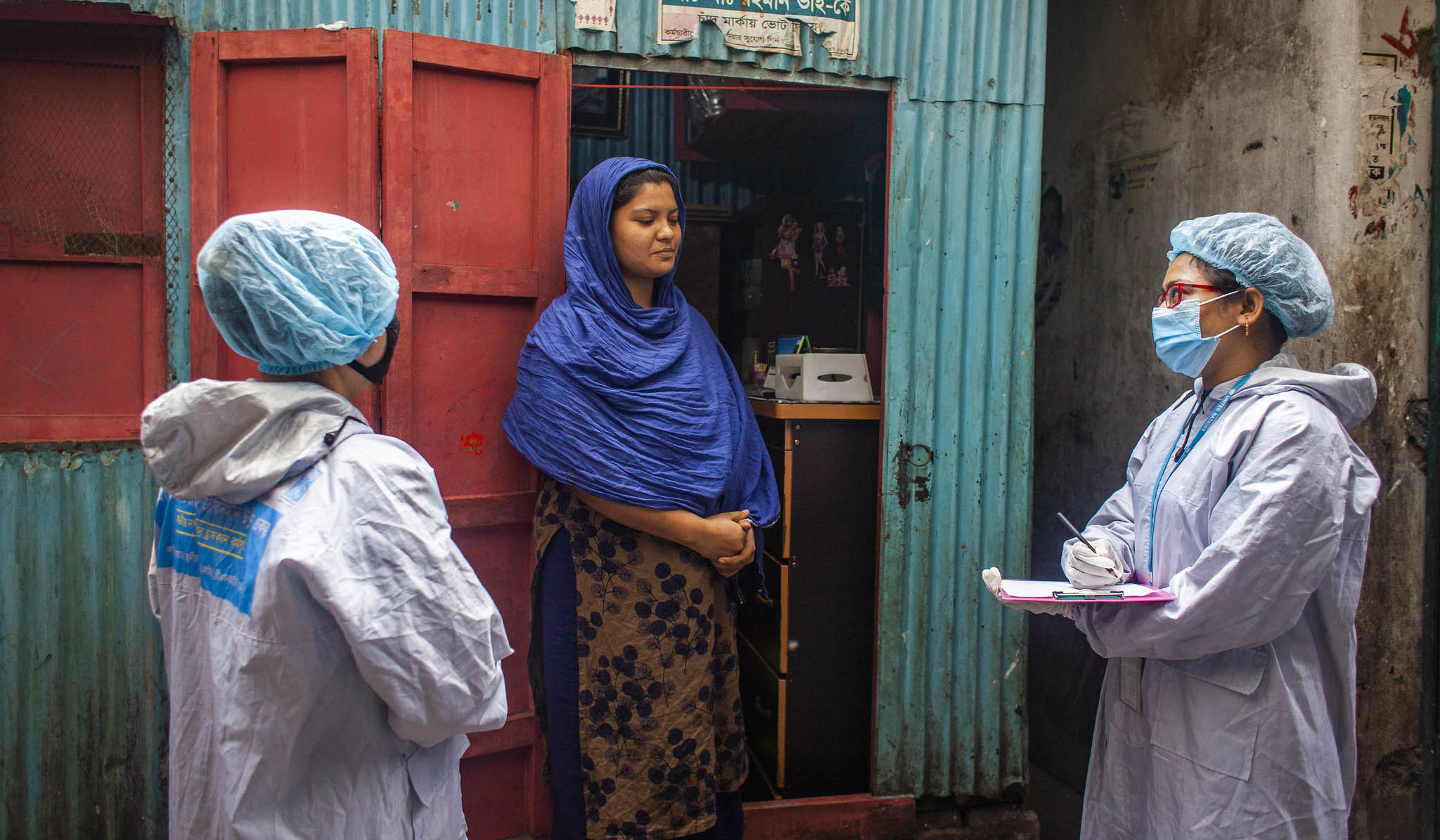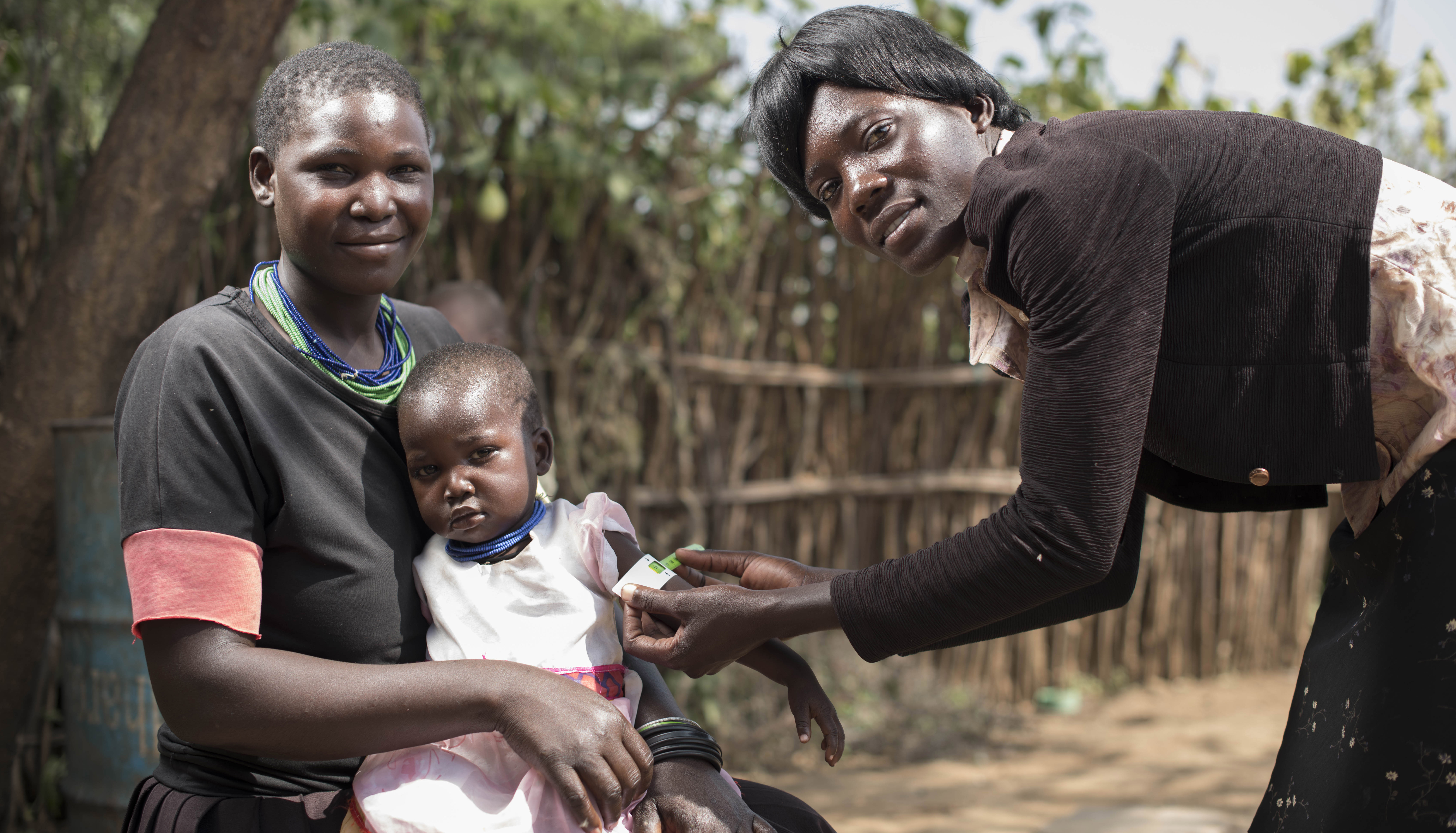'Working as one' to support democratic transition in Sudan
sudan.jpg

The political landscape in Sudan changed dramatically in 2019, thanks to the courageous Sudanese men, women and young people who rose up to push for the realization of their long-held aspirations for democracy and peace.
The drive for change in Sudan culminated in the establishment of a civilian-led government on 17 August 2019 and the launch of a process that provides a unique opportunity to achieve a just and comprehensive peace throughout the country.
This has transformed the operational context for the United Nations System. After decades of humanitarian, peacekeeping and development support, the United Nations is entering a new phase of partnership with Sudan, including in Darfur.
In consultation with the new authorities, including newly-appointed civilian Prime Minister Abdalla Hamdok, the United Nations will provide support to the Government and people of Sudan in six priority areas: comprehensive peace, gender equality and empowerment of women and youth, governance and rule of law, sustainable development, humanitarian assistance and human rights.
The United Nations remains heavily invested in Sudan and the broader region, with the Secretary-General’s Special Adviser on Sudan engaging on political processes; a United Nations Country Team; two peacekeeping missions (UNAMID and UNISFA); and the Special Envoy for the Horn of Africa, who has a mandate for monitoring regional developments – all working together on the six broad priority areas agreed with the government.
UNAMID is preparing to lead the United Nations support to the peace process, while the Special Adviser on Sudan is leading on the United Nations work in the ‘Friends of Sudan’ Group, developing a comprehensive international economic support package aimed to coordinate funding and ensure transparency within an international consortium of donors. The Special Adviser is also leading an integrated planning process, taking a whole-of-Sudan approach, to consider options for a future United Nations architecture in Sudan that best fits the changing context. The Special Envoy for the Horn of Africa leads on the United Nations assistance to Sudan and South Sudan as they work to strengthen their relationship and address outstanding bilateral issues.
The United Nations will also keep a strong focus on the scale of humanitarian needs in the country, where more than 8 million people require immediate assistance. The United Nations will champion an event early in 2020 to mobilize funding for humanitarian needs, in advance of a donor conference planned for April 2020.
Sudan faces great challenges ahead. The transition marks only the start of Sudan’s long road to socio-economic recovery, and to the achievement of sustainable peace and inclusive development benefitting all Sudanese people.
Success will depend on all concerned, including international partners, working together to support the process. The Secretary-General’s reforms across peace and security, development and management has made it possible for the United Nations to more coherently ‘work as one’ to do its part.



